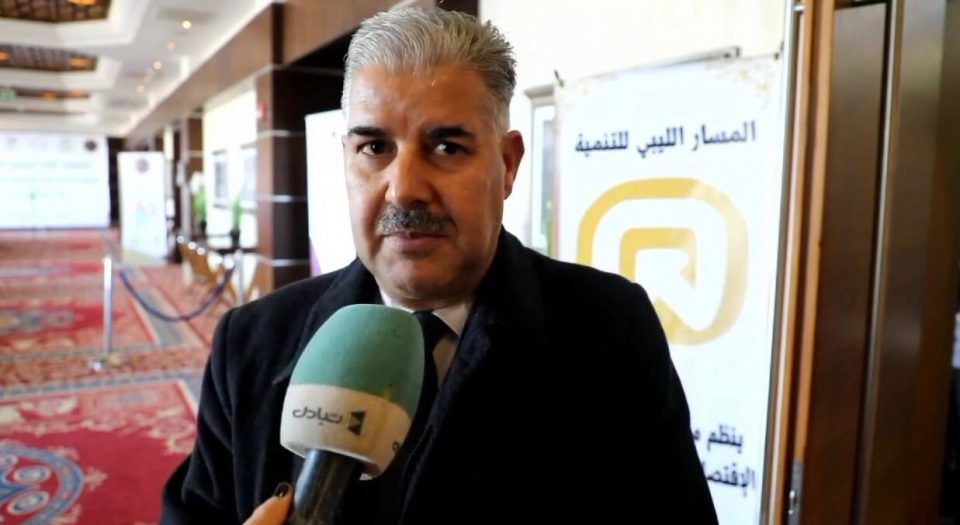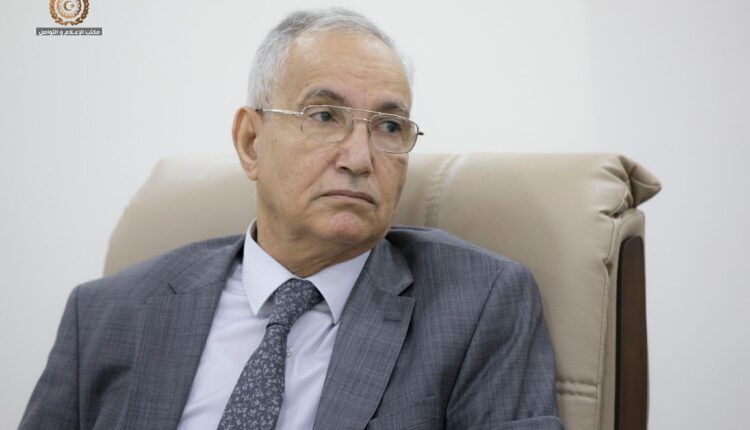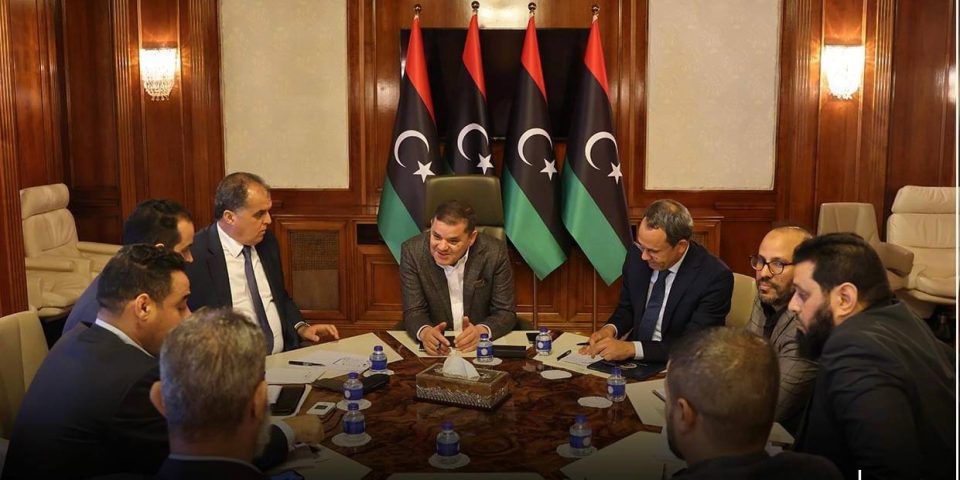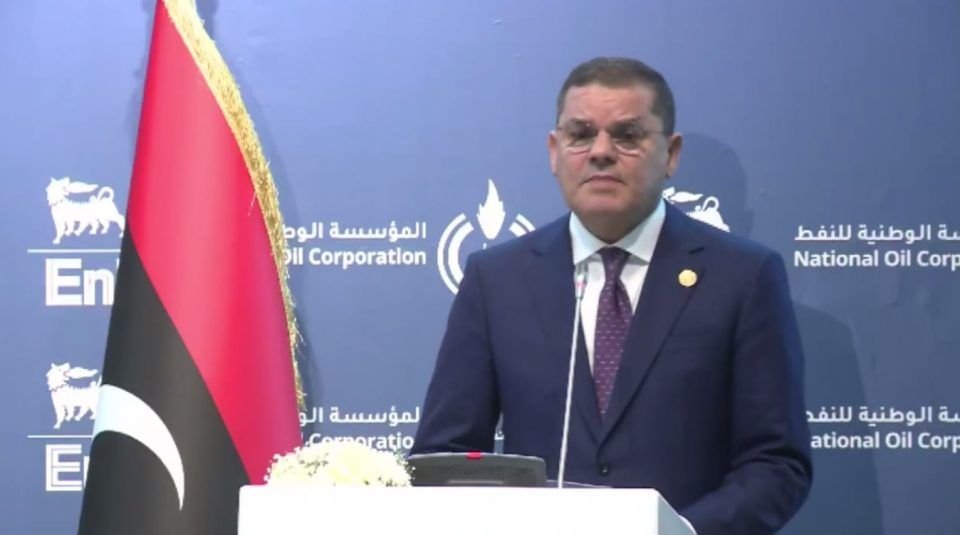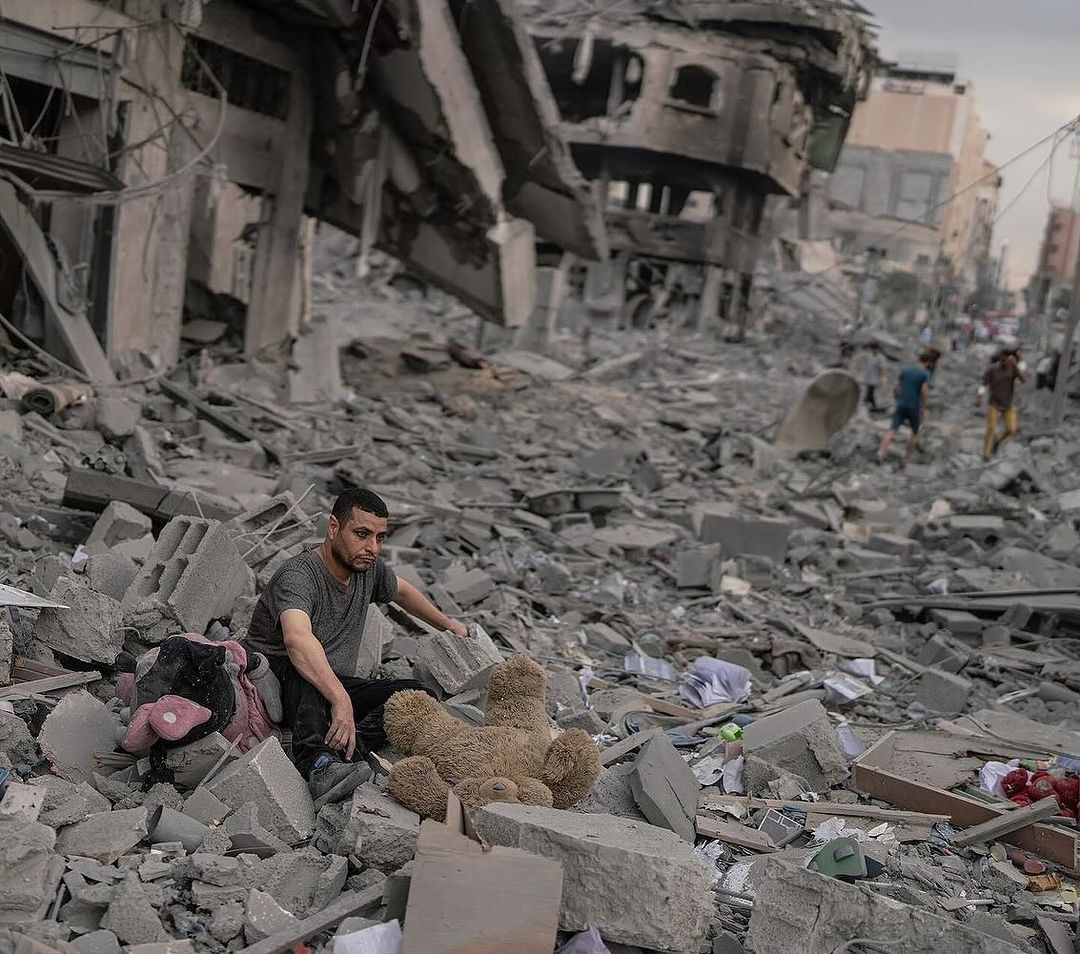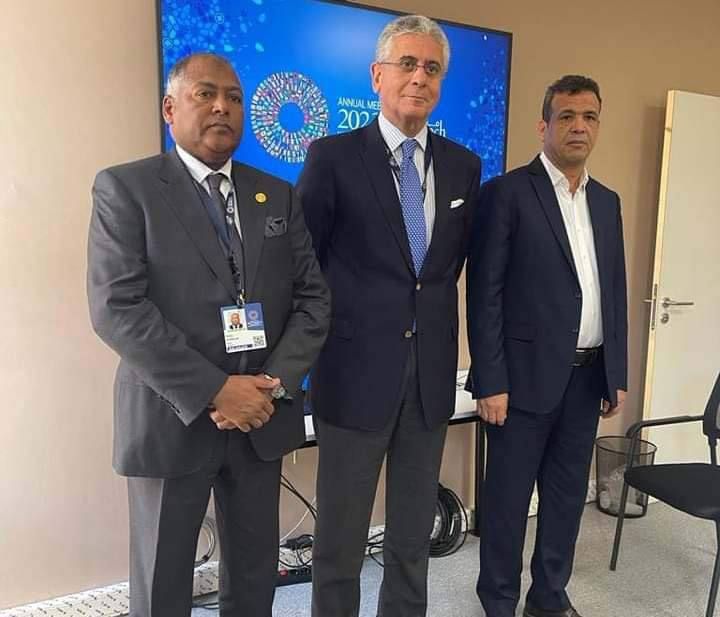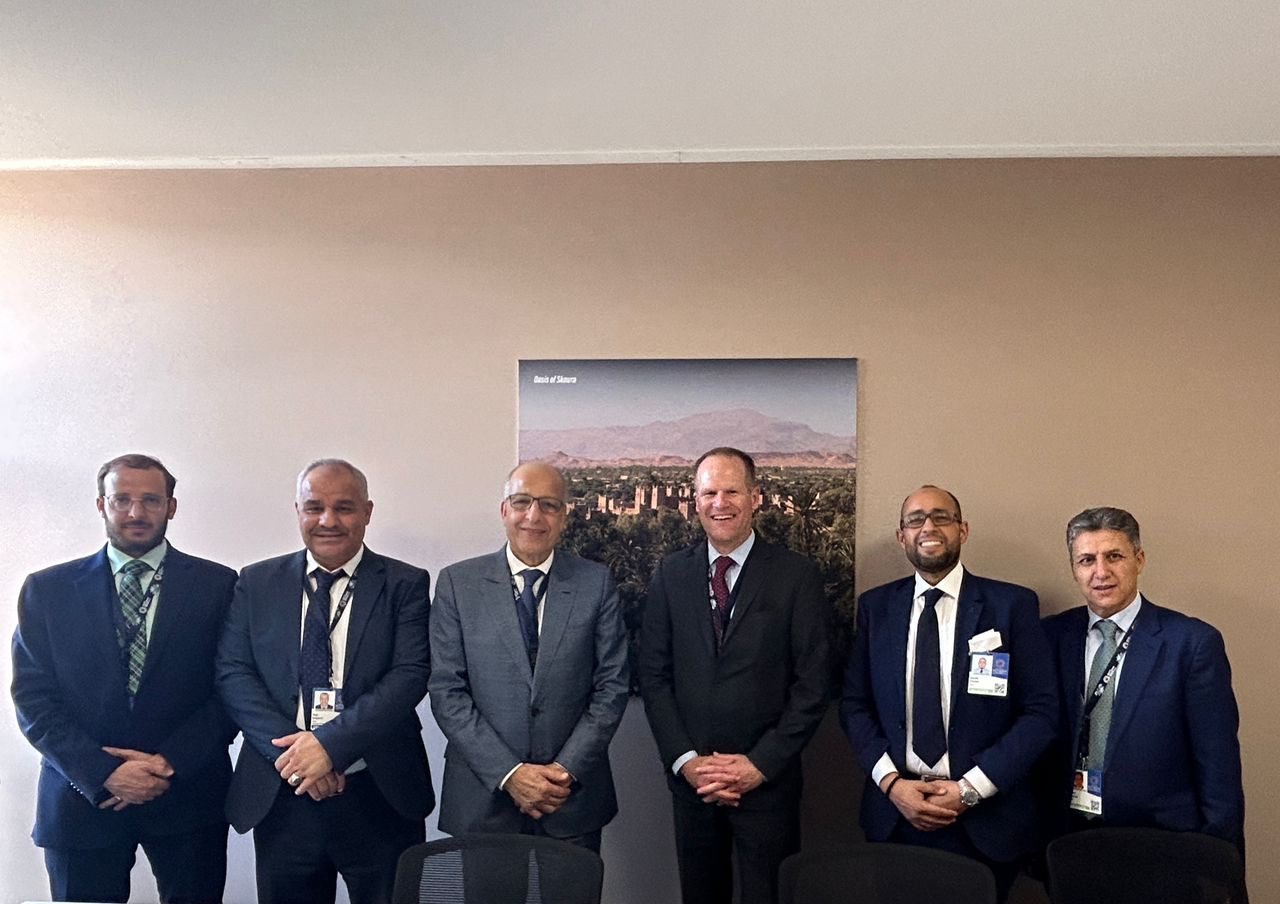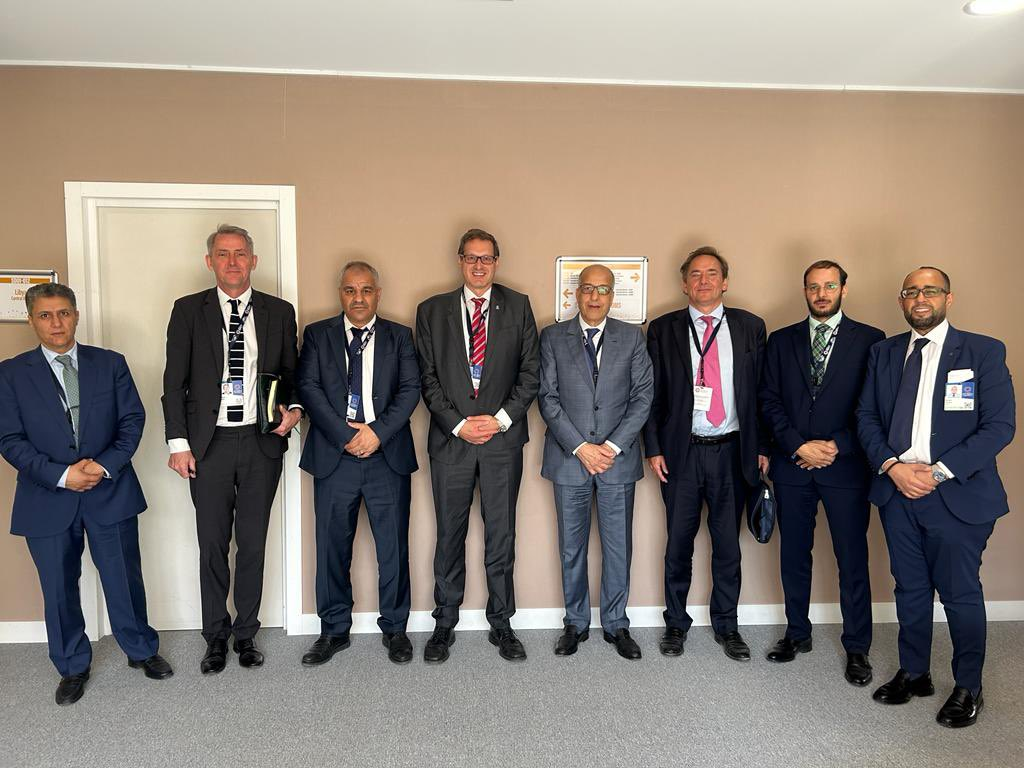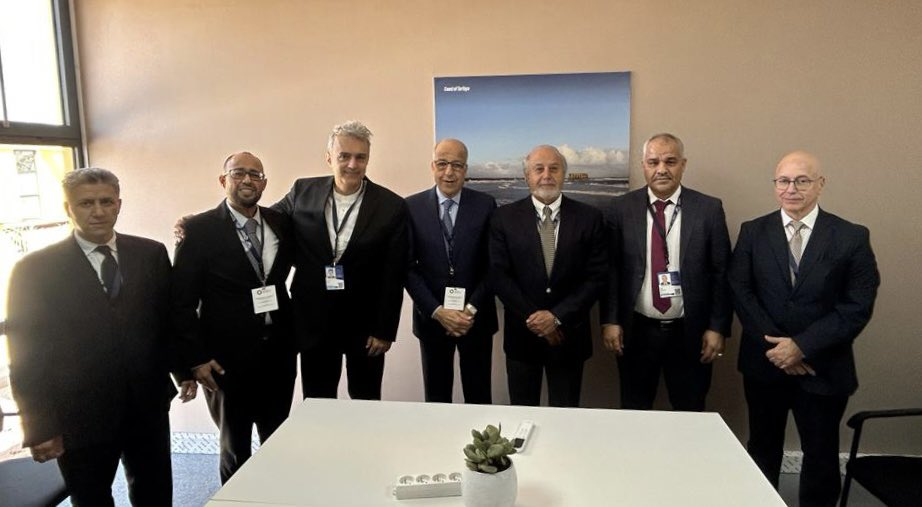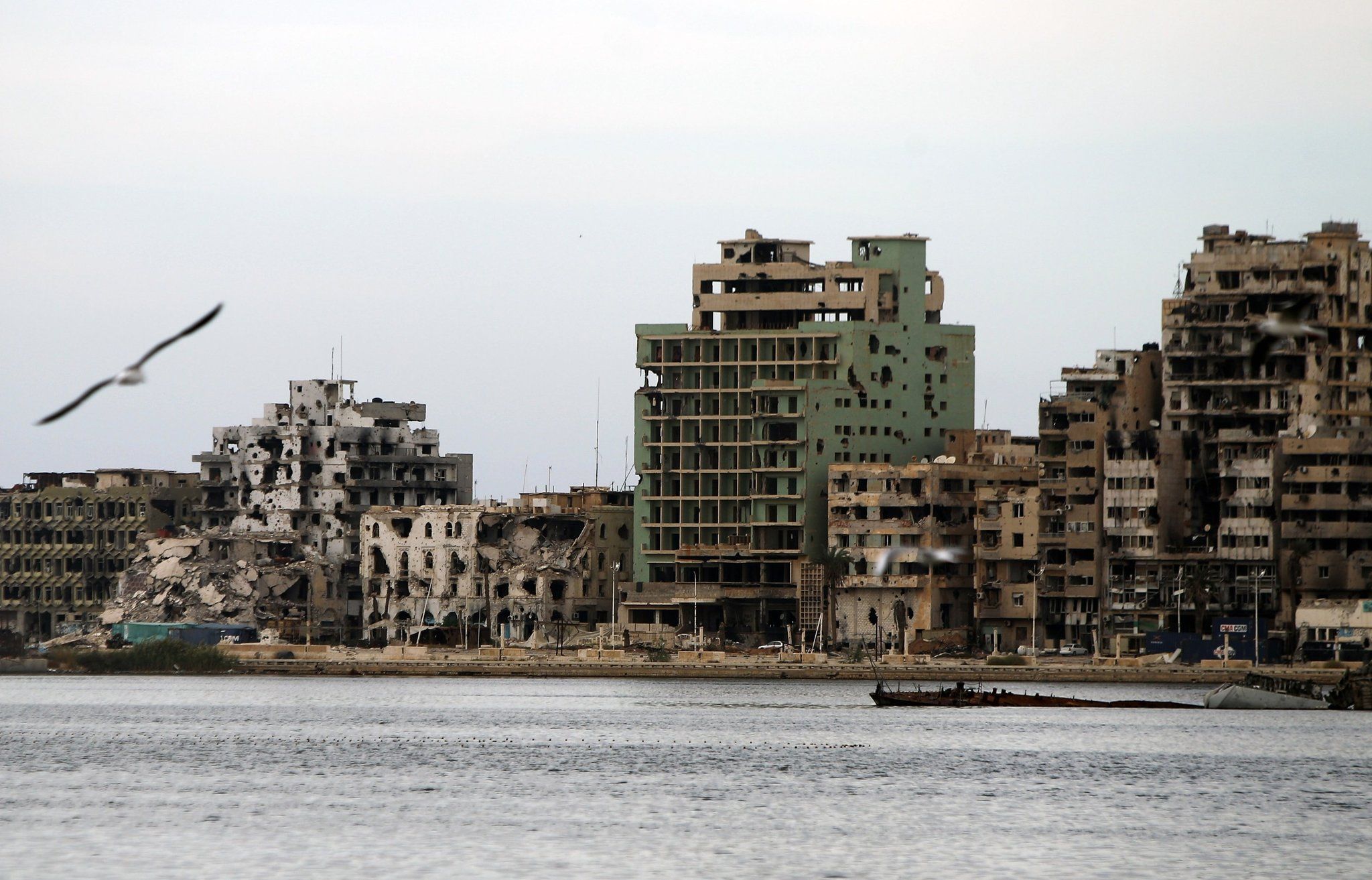Daddesh: “The dollar’s ascent is driven by demand that isn’t necessarily tied to a genuine requirement for goods, and the CBL needs to adopt a comprehensive startegy to tackle this issue”
The banking expert Fawzi Daddesh said in an exclusive statement to our source that the rise in the dollar in the parallel market is due to an unreal demand and not linked to an actual need for goods and services in society. He explained that it is linked indeed to other factors that contributed to this sudden change in price, especially these days.
According to the currency rates bulletin issued by the Central Bank’s Banking Operations Department, the difference from the official price was more than half a dinar.
Daddesh emphasized that these factors are represented by speculation, extreme poverty, psychological tension and anxiety that afflicts the monopolists of this market, unjustified disparity in the size of incomes between individuals in society, and fear. In addition, the existing political and economic turmoil has made the economic and social situation more complex in society.
Daddesh added that the Central Bank, the competent authorities, and the government must take the necessary procedures and measures to cover increasing production, the return of foreign investments, and diversifying sources of income. This would generate new sources of foreign exchange that would completely eliminate the parallel market.
Daddesh said that from his point of view, the parallel market is a fragile market that is easy to be eliminated and besieged. The Central Bank can put an end to the monopolists of the dollar commodity by a simple decision. There are some merchants with credits and remittances who have benefited from this service from banks to import companies abroad, especially from the UAE. They have clearly contributed to feeding the parallel market with foreign exchange. These companies quickly became involved in money laundering and money smuggling crimes. About 100 companies were recently frozen by the Central Bank. This contributed to the rise as a result of imposing more restrictions and supervision on them and their support for the parallel market of foreign exchange. This measure affected the volume of dollars in the market collected from these traders.
Daddesh concluded his speech by saying, “We hope that the Central Bank will impose more restrictions and continuous supervision on banks to avoid them falling into the dangers of money laundering and smuggling, and to hold them accountable and punish them.” Compliance and anti-money laundering managers in banks must exercise more due diligence with customers and monitor abnormal, large and complex banking operations that are not in line with the nature of the customer’s activity, analyse, evaluate and examine those that have been reported to the competent authorities to take the necessary measures in their regard.
